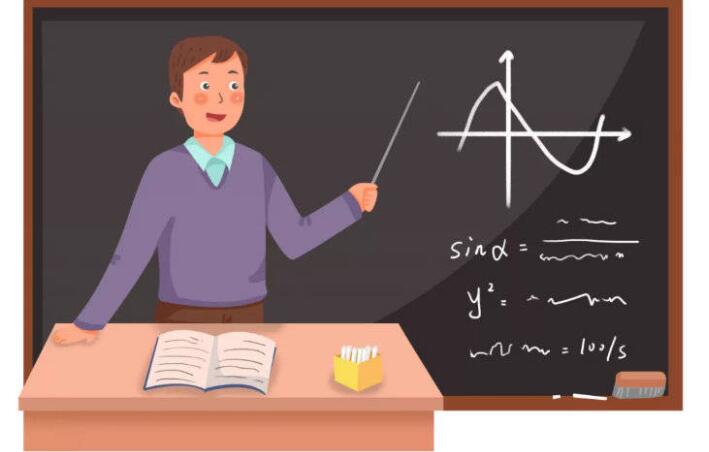 为什么数学老师这么不擅长解释(二)
为什么数学老师这么不擅长解释(二)
正文翻译

Why are math teachers so bad at explaining things?
为什么数学老师这么不擅长解释?

Why are math teachers so bad at explaining things?
为什么数学老师这么不擅长解释?
评论翻译

Why are math teachers so bad at explaining things?
为什么数学老师这么不擅长解释?

Why are math teachers so bad at explaining things?
为什么数学老师这么不擅长解释?
很赞 0
收藏